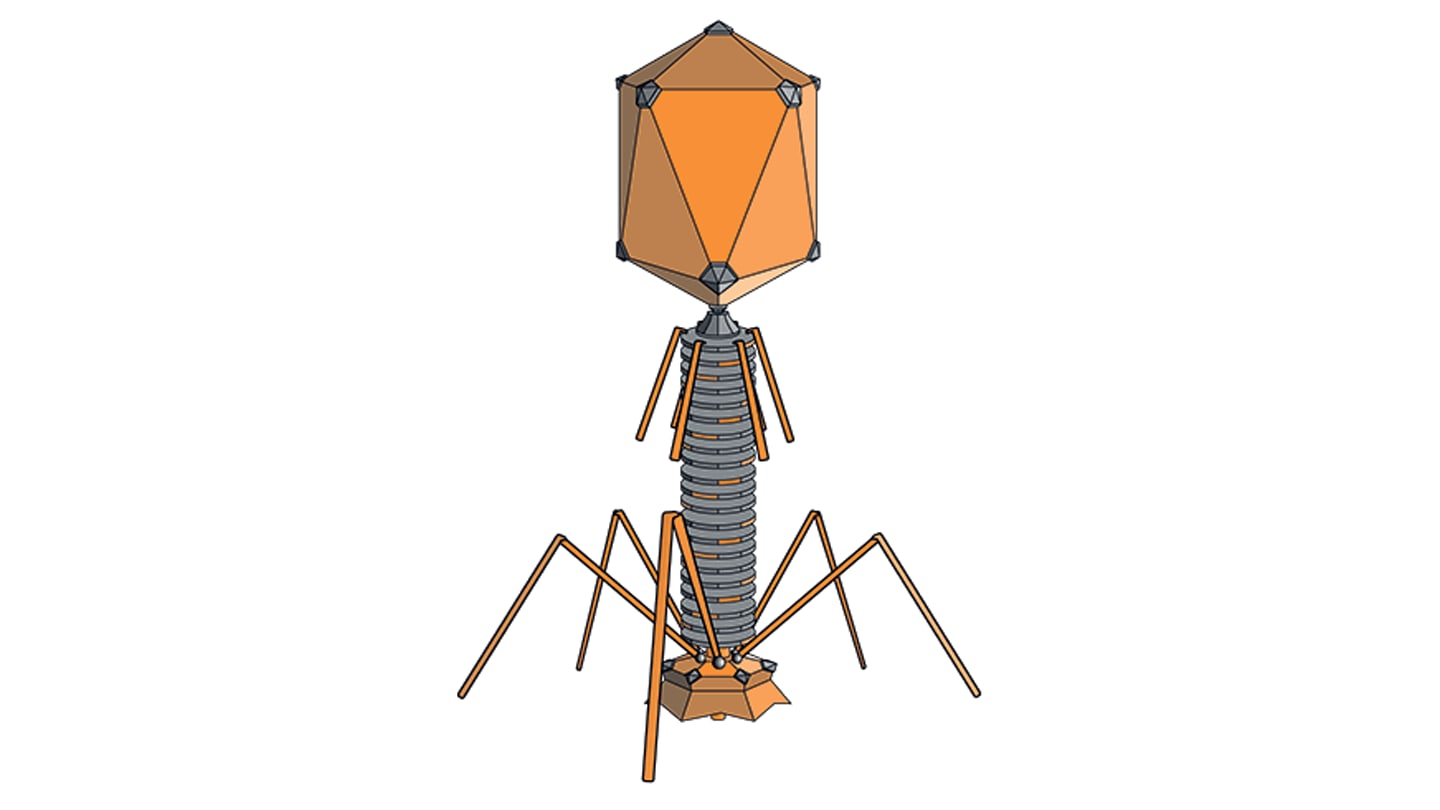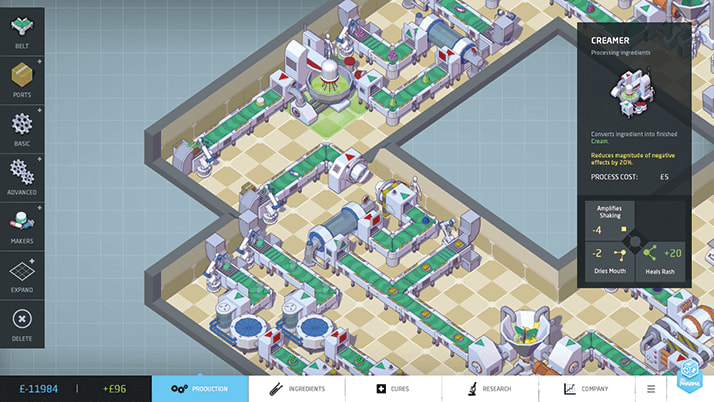A collaboration between Parkinson’s UK and The Cure Parkinson’s Trust (CPT) has been awarded the inaugural BenevolentAI Award (1) - a competition run by BenevolentAI and the UK’s Association of Medical Research Charities (AMRC). The aim? To help charities accelerate medical research to potentially develop new therapies using artificial intelligence (AI). The winning entry focused on repurposing existing drugs for use against Parkinson’s. “[the winning entry] offers the potential to provide a quick route to patient benefit, and their virtual biotechnological model meant they also had the support network to quickly take things forward”, says James Chandler, VP corporate affairs at BenevolentAI.
- The BenevolentAI platform ingests and processes structured and unstructured knowledge from the medical literature, clinical trials data, genome sequences and so on, before creating a “knowledge graph” of what is already known.
- The technology identifies gaps in the knowledge and generates novel hypotheses.
- To validate the hypotheses, researchers systematically triage the ranked AI generated hypotheses to understand which ones merit further investigation. Researchers annotate their triage decisions with reasons directly into the system. All outcomes are circled back into the knowledge graph so that the machine can learn, refine and improve.
- BenevolentBio scientists progress positive results through traditional medicinal chemistry processes.
All the award entries were initially assessed in terms of eligibility (applications had to be individual charities or consortia of charities, with an AMRC member as the lead applicant) and whether AI technology would fit with the applicant’s proposed research. Applications were then first judged by a panel comprising both BenevolentAI and AMRC chief executives (Jackie Hunter and Aisling Burnand, respectively) and an independent external expert (Neil Lawrence, director of machine learning at Amazon). The winning collaboration is now aiming to indentify at least three currently available medicines that can be repurposed to address Parkinson’s, as well as two novel drug targets. “There are many pieces of the pathophysiology of Parkinson’s disease that we know a great deal about,” says Chandler. “There are also many other aspects where we lack answers, including finding an effective treatment that will halt disease progression. Using AI to analyze vast quantities of seemingly unrelated data could potentially identify new associations, opportunities and hypotheses - and fill in important knowledge gaps.”
References
- Benevolent AI, “Medical AI Award sets its sights on treating Parkinson’s”, (2018). Accessed May, 23. Available at: https://bit.ly/2KMIN8Z.




